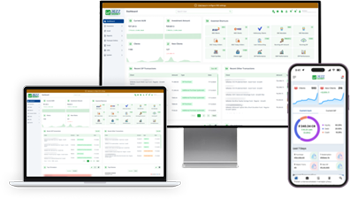Car prices are going up every year, and so are loan interest rates. Additionally, there are numerous hidden costs, such as insurance, fuel, maintenance, and repairs, that people often overlook when creating their budget.
If you don't plan, you might choose a car that puts pressure on your monthly finances. Many people make this mistake and later struggle with high EMIs or unexpected expenses. That's why creating a clear car budget before you buy is so important.
"Buying a car without a clear budget is like driving with your eyes closed. Thankfully, there's a smarter way..."
The good news is that there's a simple tool that can help. The Car Planning Calculator is a free online tool that enables you to determine how much you can afford to spend on a car. Just enter your income, loan details, and a few other numbers — and the calculator does the rest. It helps you make a wise, stress-free decision by giving you a clear view of your monthly payments and total costs.

